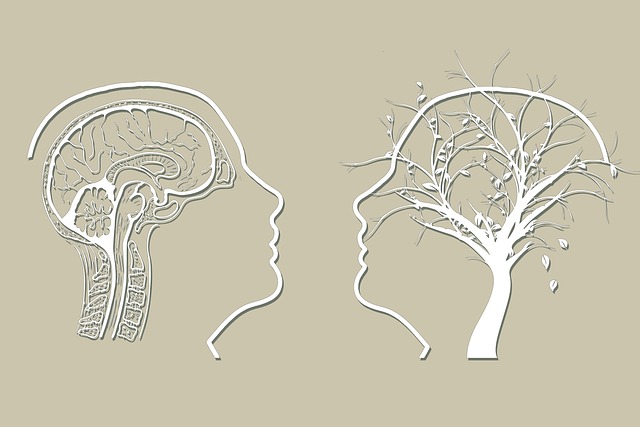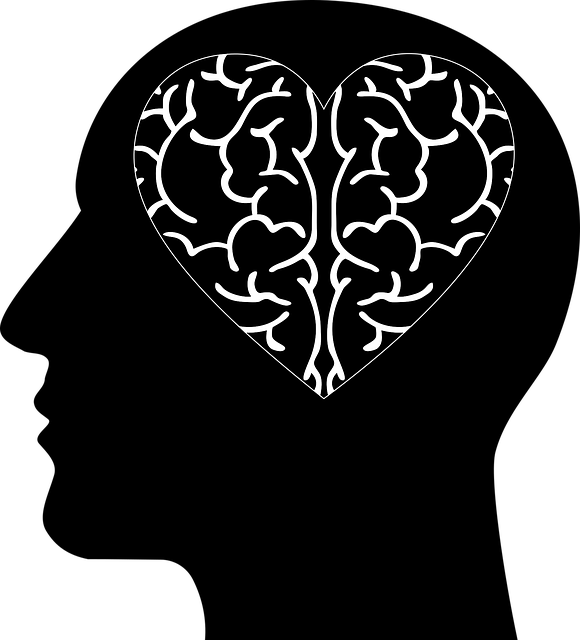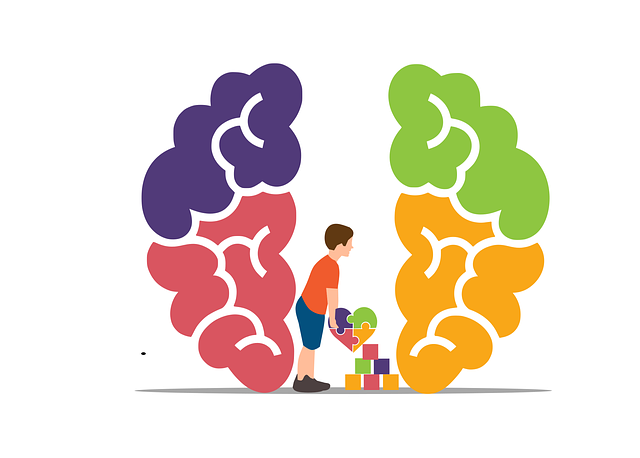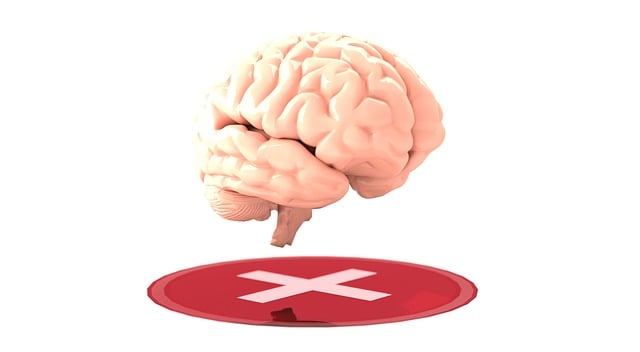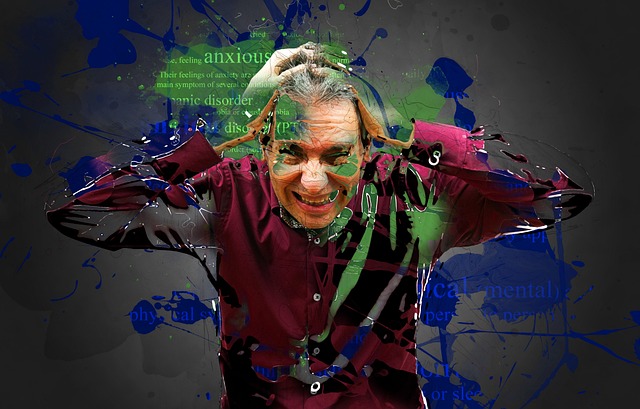Cultural sensitivity in mental healthcare, particularly for Golden Post-Traumatic Stress Disorder (GPTSD) therapy, is vital to effectively address diverse clients' unique challenges. Therapists must integrate cultural insights, respect beliefs and values, and tailor support to create a safe therapeutic space. Techniques like Mental Wellness Journaling and community-specific coping mechanisms, when adapted with cultural perspectives, enhance emotional well-being promotion and GPTSD treatment outcomes. Cultural competency training equips therapists to understand clients' backgrounds, validate their perspectives, and tailor plans for holistic care that addresses both PTSD symptoms and overall emotional health.
In today’s diverse society, cultural sensitivity is paramount in mental healthcare. Understanding and navigating cultural differences can significantly impact the effectiveness of treatments, especially for conditions like Post-Traumatic Stress Disorder (PTSD). This article explores cultural sensitivity in mental healthcare practice, focusing on the specific needs of Golden Post-Traumatic Stress Disorder Therapy (GPTSDT). By delving into these areas, we aim to enhance cultural competency, ensuring more inclusive and impactful care for all.
- Understanding Cultural Sensitivity in Mental Healthcare
- The Impact of Cultural Competency on PTSD Treatment
- Strategies for Delivering Effective Golden Post-Traumatic Stress Disorder Therapy
Understanding Cultural Sensitivity in Mental Healthcare

Understanding Cultural Sensitivity in Mental Healthcare is a crucial step in ensuring effective and compassionate care for all individuals, especially those from diverse backgrounds who may face unique challenges in seeking therapy. Cultural sensitivity involves recognizing and respecting the impact of cultural beliefs, values, and experiences on mental health and healing processes. This approach goes beyond basic awareness; it requires professionals to integrate these insights into their practices, offering tailored support for diverse client populations.
In the context of Post-Traumatic Stress Disorder (PTSD) therapy, cultural sensitivity is particularly vital. For instance, when treating individuals from different ethnic or religious groups, therapists must be aware of specific trauma-related experiences and responses shaped by their cultural identities. This understanding can enhance Emotional Well-being Promotion Techniques and facilitate more profound Emotional Healing Processes. Techniques like Mental Wellness Journaling Exercise Guidance, adapted to incorporate cultural perspectives, can empower clients to process their traumas while preserving their sense of identity.
The Impact of Cultural Competency on PTSD Treatment

Cultural sensitivity is a cornerstone in delivering effective PTSD treatment, particularly when addressing the needs of diverse patient populations. Incorporating cultural competency into Post-Traumatic Stress Disorder (PTSD) therapy goes beyond tokenism; it’s about understanding and respecting each individual’s unique cultural background, values, and beliefs to create a safe and supportive therapeutic environment. This nuanced approach is crucial for overcoming potential barriers that may hinder healing, such as language differences or cultural stigmas surrounding mental health.
For example, certain communities may have distinct coping mechanisms or views on trauma disclosure, which can be seamlessly integrated into Golden Post-Traumatic Stress Disorder Therapy (GPTSD) techniques to promote emotional well-being. By incorporating culturally relevant Emotional Well-being Promotion Techniques and Burnout Prevention strategies, therapists can foster a sense of trust and engagement, ultimately enhancing the effectiveness of treatments. Additionally, Mental Wellness Coaching Programs Development that considers cultural context can contribute to long-lasting recovery by empowering individuals to navigate their trauma in ways aligned with their authentic selves.
Strategies for Delivering Effective Golden Post-Traumatic Stress Disorder Therapy

Delivering effective Golden Post-Traumatic Stress Disorder (PTSD) therapy requires a nuanced approach that respects cultural diversity. First, therapists should engage in thorough cultural competency training to understand the client’s background and beliefs, which can shape their experiences of trauma and healing. This involves actively listening to clients’ stories, validating their cultural perspectives, and tailoring treatment plans accordingly. Incorporating Emotional Well-being Promotion Techniques that resonate with the client’s culture, such as mindfulness practices or community-based support networks, can enhance engagement and therapeutic outcomes.
Additionally, incorporating Social Skills Training and Compassion Cultivation Practices into Golden PTSD therapy can be beneficial. These strategies help individuals process traumatic memories while fostering positive social interactions and self-compassion, which are crucial for recovery. By combining evidence-based therapies with cultural sensitivity, mental health professionals can provide more holistic care, addressing both the symptoms of PTSD and promoting clients’ overall emotional well-being.
Cultural sensitivity is a cornerstone in modern mental healthcare, especially when addressing complex conditions like PTSD. By recognizing and understanding diverse cultural contexts, healthcare providers can significantly enhance the effectiveness of treatments, such as Golden Post-Traumatic Stress Disorder Therapy. Integrating cultural competency into practice not only improves patient outcomes but also fosters trust and respect, ensuring that every individual receives care tailored to their unique background and experiences. This approach is vital in creating an inclusive and supportive environment for all.
